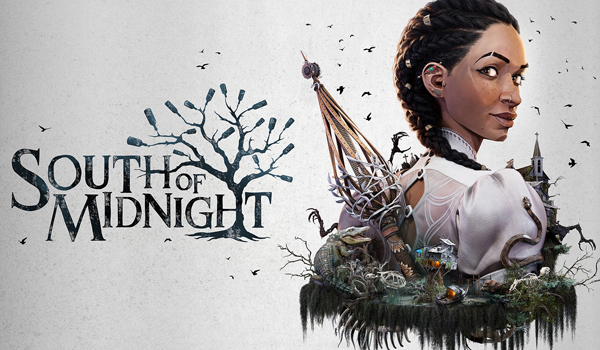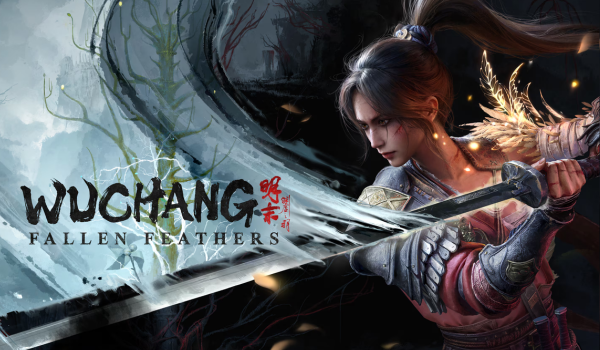
The pirate, Wuchang, wakes up in a cave with amnesia, her left arm in pain. Looking down, she notices that it has started sprouting feathers from its shoulder. She has become a victim of “The Feathering”, a rare affliction which will culminate in her turning into a blood-thirsty beast. Not willing to accept this fate, she sets out to find a cure and perhaps discover the source of the problem.
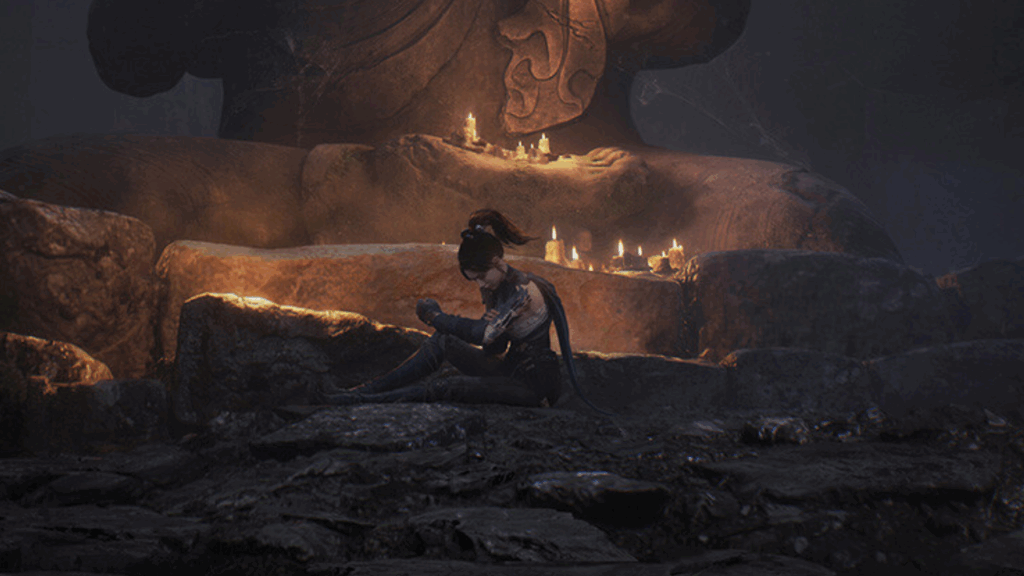
WUCHANG: Fallen Feathers is the latest entry in the souls-like genre, published by 505 Games and coming from Chinese developer Leenzee Games. Set during the late Ming Dynasty and in the land of Shu, WUCHANG is steeped in Chinese culture and history as locations apparently have been reconstructed from ancient China, and some can still be visited today.
Like most other Souls-like games, WUCHANG doesn’t stray far from the base formula. You defeat enemies, gain experience and currency. You have interconnected maps, and snippets of story are delivered to you through items and character dialogue. Where it differs is through its combat.
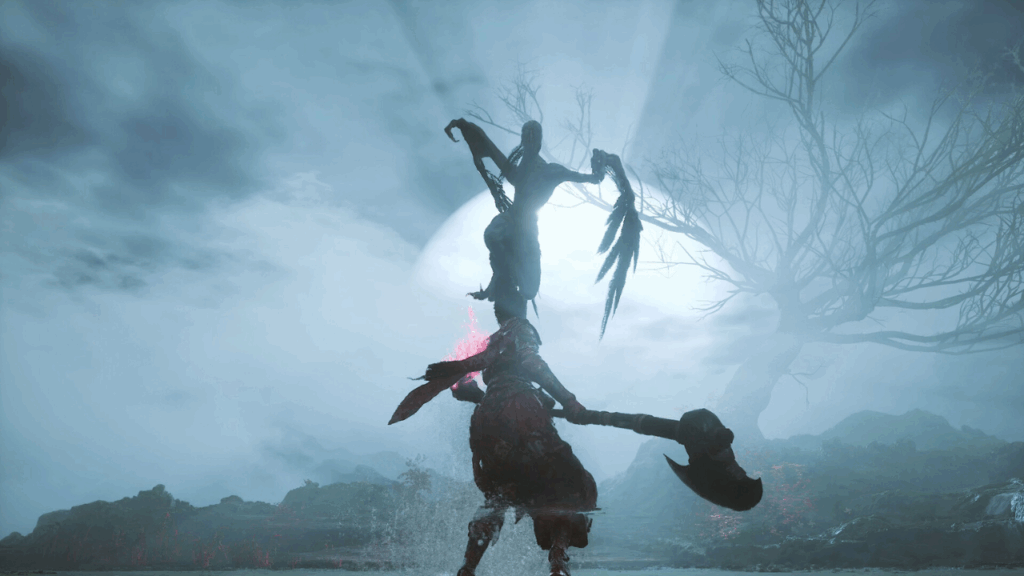
While on the surface all seems familiar, you have a light and heavy attack; heavy attack can be charged, and you don’t get a block or parry as standard. Instead, you are encouraged to dodge. As well as a brief invulnerability window, a perfect last-second dodge also gives you a charge of “Skyborn Might”.
This is WUCHANG’s mana system as Skyborn Might can be used to cast spells or launch powerful weapon arts. Upgrading weapons skills can also grant Skyborn Might with successive hits, so this makes combat faster and frantic than most other titles in the genre.
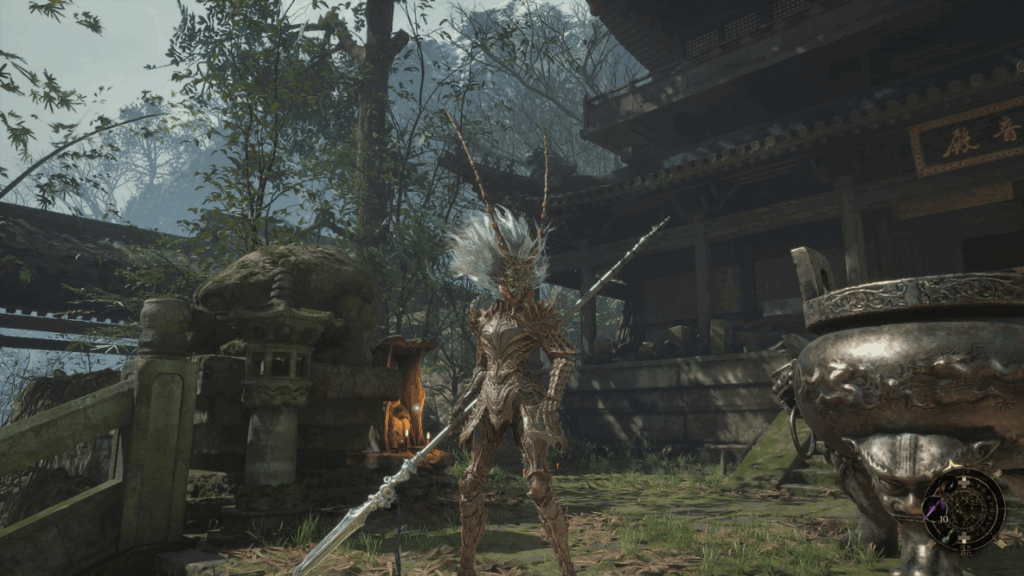
If I had to compare to another similar title, I would say gameplay closely resembles Bloodborne. You get access to a varied but limited selection of weapon types, encourages a more aggressive playstyle, has a powerful weapon-switch mechanic and weapon clashes. I found myself gelling with this combat style more, and it started to feel more like a character action game than a souls-like.
The surrounding landscape has been the victim of a recent battle, and there are tales of rebels camping near. As such, in the beginning, enemies are looters or patrolling soldiers. Seeing your arm, they will attack on sight as most people with The Feathering are hostile to everyone. You will also face similarly afflicted people, and they will attack you on sight. Defeating combatants will reward WUCHANG’s currency, Red Mercury, which can be exchanged at shops for consumables and equipment or at shrines for Red Mercury Essence, which are your skill points.
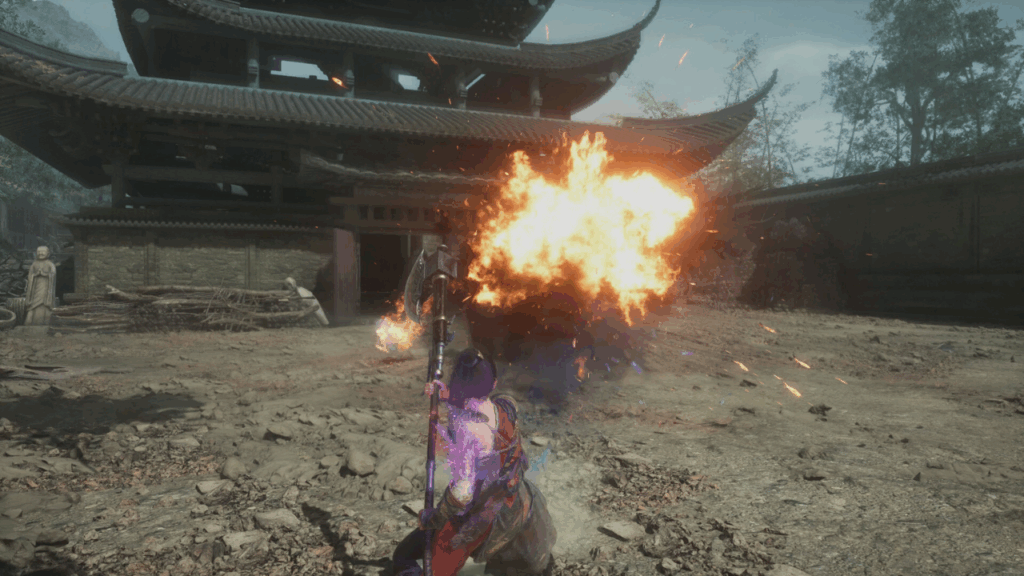
Shrines are WUCHANG’s safe zone or bonfire if you will. Here you can access fast travel, your skill tree, reset the world state and access the many other systems at your disposal. They also act as a checkpoint in the world for you to respawn at. An interesting quality of life feature I did notice in the fast travel menu was if a NPC had a quest that could be progressed, an icon would appear in the location they are at.
WUCHANG offers five types of weapons from the long sword you start with; you can also find a heavy but slow axe, a long-range spear, fast dual swords and finally a short sword for easy magic attacks. There are multiple variations to be found of each archetype, each offering a different primary “weapon art”. You can learn a second, swappable weapon art in your skill tree, lending customisability to each weapon. Benedictions can also be found and equipped on each weapon and offer a bonus to various attacks.
Weapon upgrading is also available, but a bit different in WUCHANG. Instead of upgrading each weapon, you upgrade your skill with that weapon type, meaning that if you are +5 with the long sword and switch to another long sword, you still retain that +5 skill.
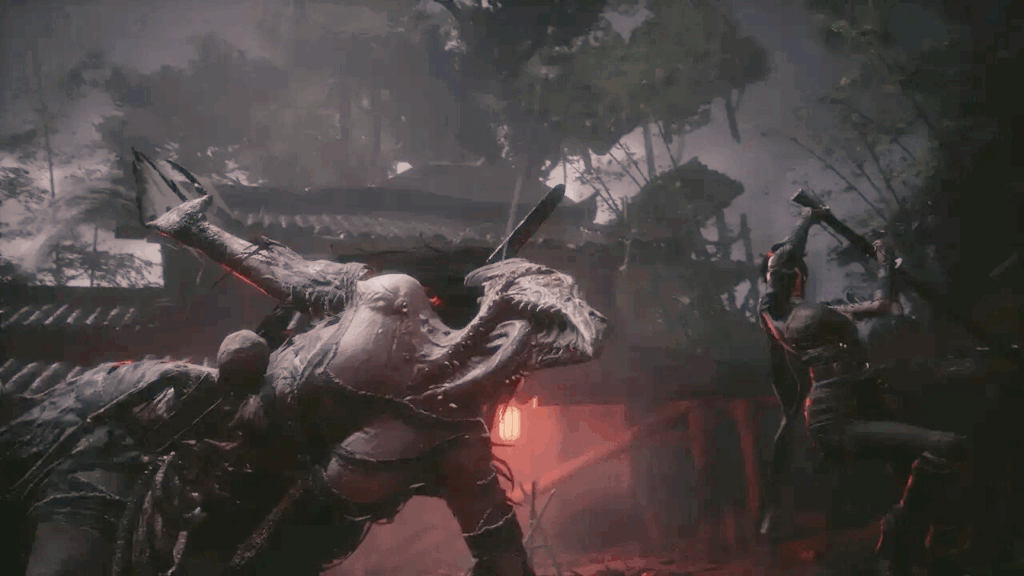
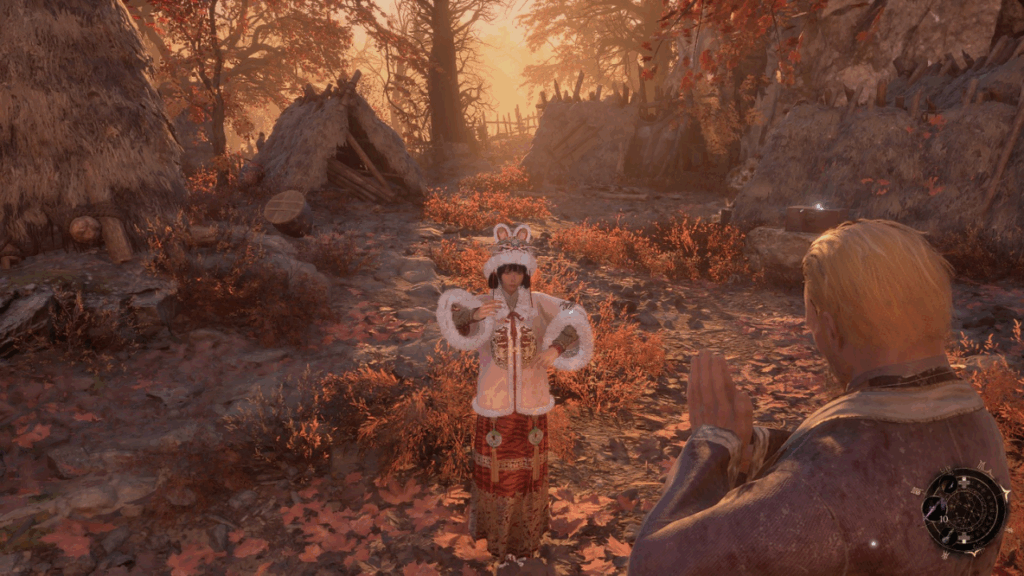
All this is done in the skill tree. This menu is split into six arms, one for each weapon archetype and one for your utility skills. The Utility branch hides health flask upgrades and Skyborn Might abilities. Each menu also contains character upgrades appropriate to its sub-menu. The axe, for example, contains the strength and stamina nodes, while the short sword contains agility and magic.
There is also another new stat for WUCHANG called “feathering”, which increases damage done by feathering specific attacks. Helpfully, at any time you can reset your entire skill tree for a complete refund, meaning that if you suddenly wanted to try a new playstyle, you are free to experiment. Later, you also gain a new system called temperance, which can buff your weapon temporarily.
You have the usual mixture of consumables and throwables, medicines to cure status ailments, weapons to cause status effects, all of which can be equipped to a quick item bar. You can equip two weapons for quick switching for variations in combos. Spells can be found across the world and equipped to one of four spell slots. There are pendants which can offer new effects and abilities such as health regeneration upon each kill. Armour at first seemed to be purely aesthetic, but I learned that equipping full sets could have a hidden effect which is beneficial and that status resistance was more powerful than I thought. This was more noticeable in repeating boss runs.
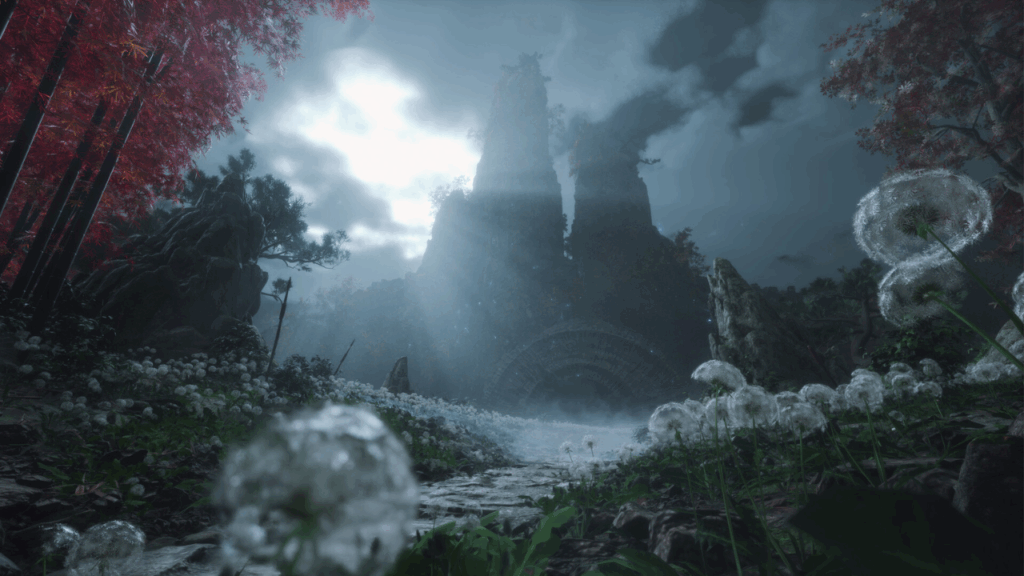
Enemy combatants come in all shapes and sizes, from infected crazed individuals, rabid wildlife, regular warriors who want to stop you, to some really mutated beast-human hybrids. There are even a couple of forms of mimics which are unique (one being THE MEME). Bosses often have a primary element attack which can be devastating if you don’t prepare appropriately. Unfortunately, the only way to find out is to face the boss, so be prepared to get really lucky/skilled the first time you face one or get ready for the run back. Dying in WUCHANG isn’t as harsh as other Souls-like games, as you only drop a percentage of your currently held currency.
The percentage is, however, determined by another new mechanic introduced in WUCHANG, madness. Every time you die and respawn, you will gain a bit of madness. You can also gain madness by killing non-feathered opponents, but can gain back sanity by killing feathered opponents. You can also buy items from the shrines at the cost of raising your madness level.
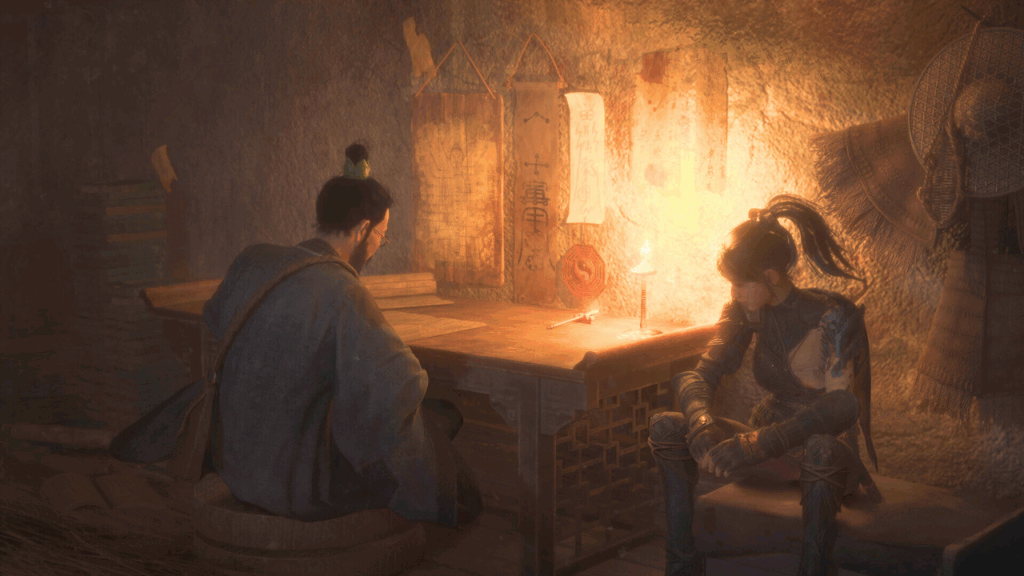
When your madness reaches a set amount, Wuchang herself will start to display physical alterations, her eyes will glow red, and your feathers will start to spread. At later stages, your damage output will increase, but in turn you will take more damage. The higher your madness, the more currency you drop at death. You can also learn combat skills which trigger when a certain level of madness is attained. However, reach 100% madness and you have the chance of facing your inner demon.
If you die in a spot outside a boss arena, a clone of you will manifest at your corpse and can chase you across the level. If you get defeated or defeat your demon, you will reset your madness. However, you can also use your demon to your advantage. The demon will also attack the enemies, so through some skilful manipulation, you could have a “buddy” help you through some difficult spots. Just watch your back!
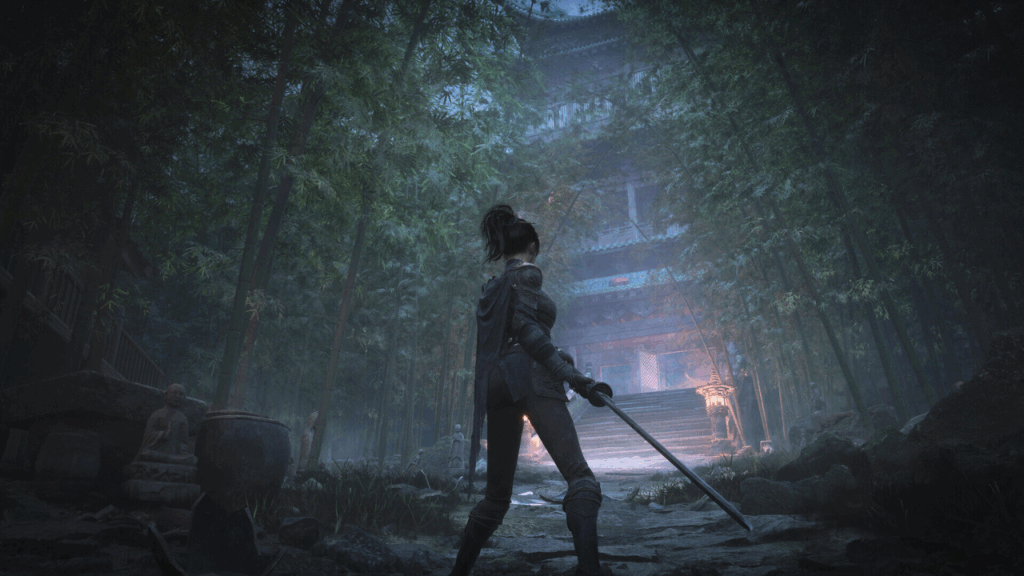
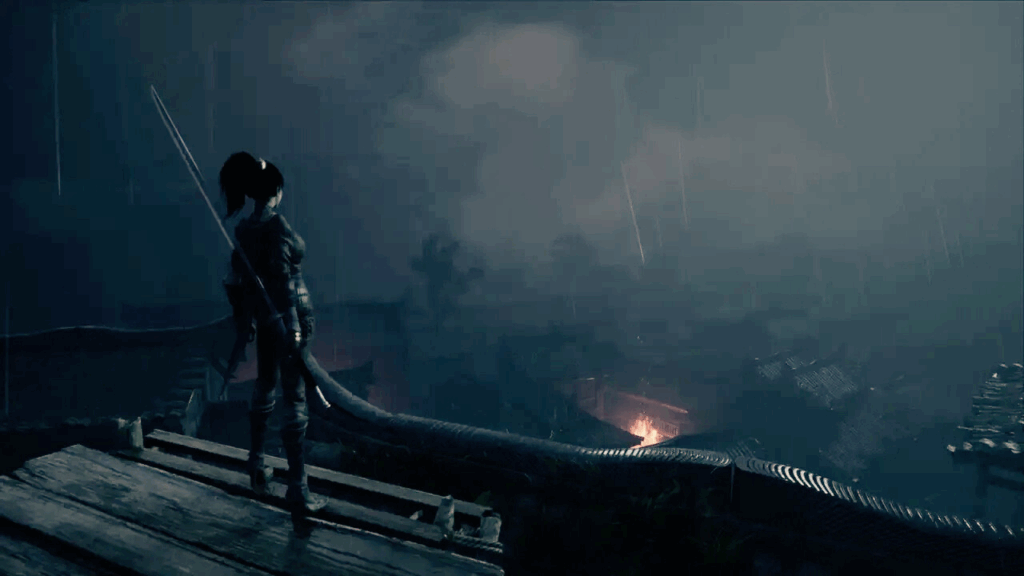
Starting from the temple you awoke at, you will explore the land of Shu. Wuchang finds herself exploring nearby palaces, scaling snowy mountains, navigating confusing jungle paths and treetops. All the environments are beautifully rendered with care, each having nooks and crannies to explore, all being designed mostly linear with semi-open elements. Just when you feel you’re lost, you find a new door which branches back to an earlier location.
Character models come in all shapes and sizes, from regular NPCs and enemies to the more mutated foes who will gradually become deformed the further you get into the game. The Bosses vary from giant humanoids to more bird-like creatures, all invoking previous Souls-like games. Wuchang herself also looks great even though some of her outfits do come across a bit fan servicey. WUCHANG is fully dubbed in English with a full cast, and the music evokes its oriental setting with string instruments and dramatic boss scores.
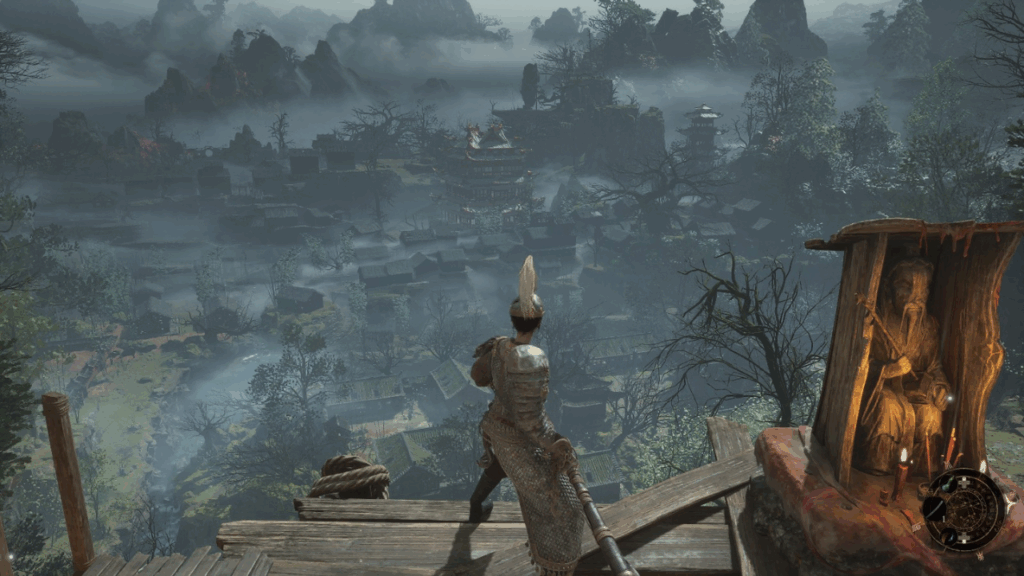
Although I’m not the best at this genre, I found my progress through WUCHANG quite balanced. I never got stuck for too long, and even though the difficulty did spike on a couple of bosses, I did always manage to find a solution through experimentation. I have not finished the game at time of writing as I’m currently trapped between two bosses, but am eager to get back into it.
If you are a fan of the Souls-like genre, there is a lot to love with WUCHANG as this has all the trappings of a From Software original and would be a worthy addition to your collection.

Developer: Leenzee Games
Publisher: 505 Games
Platforms: PlayStation 5, Xbox Series X and Series S, Microsoft Windows



